
Mastery is a concept that many believe is subjective, especially when it comes to writing (novels in particular). There’s an insidious belief that what constitutes good or bad is a matter of popular opinion. Quality isn’t something we can measure.
This belief—that mastery is a matter of taste—has been around as long as the publishing business. Probably longer. If this wasn’t so, then vanity presses would never have made a single cent.
Yet, vanity presses arose to meet the needs of those who believed that the gatekeepers had gotten it all wrong.
Their book was ready for popular consumption, ripe for the public to eagerly hand over disposable income for the privilege of using up limited free time to consume said book.
Sometimes (albeit rarely) the author was right.
Yet, before the digital age, an author had to seriously count the cost of publishing too soon, even with a vanity press.
Literally.
If one was going to hand over thousands of dollars to hold one’s book in hand? Then the author knew the gamble could either pay off big (The Firm), or that they’d end up with a storage unit filled with mouldering novels.
Mastery-Minded Culture
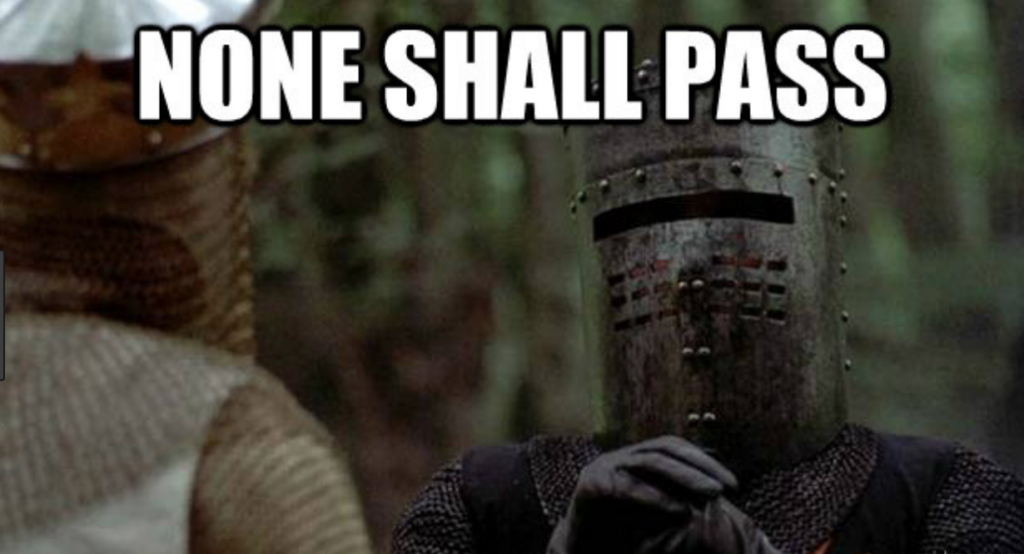
When I started writing seriously, the author culture was vastly different. Most writers aspired to mastery. It was a time when artists outnumbered entrepreneurs.
Granted, after a few brutal critique sessions, we pretty much all figured out we’d never craft the ‘perfect novel,’ but that didn’t mean we wouldn’t keep trying to get as close as possible.
Storytelling mastery included learning the basics. We had our worn copies of Strunk & White dog-eared, underlined, and held together with tape. There was a general sense we had to earn the title of ‘author,’ and we didn’t take kindly to shortcuts.
***This was why self-publishing took years to be accepted as a legitimate form of publishing.
Many of us wanted to become authors because we were, first and foremost, avid readers.
We loved books and stories. The idea of honing the same skill levels, attaining the same sort of mastery as our author heroes propelled us forward draft after draft, rejection after rejection.
Times Change Even in Writing

In my early years, tapping out and deciding to use a vanity press or self-publishing was akin to literary blasphemy.
There was also an atavistic response to any kind of self-promotion. It smacked too much of self-publishing bottom-feeder egomania.
This overriding negative attitude was one of the major obstacles I faced early in my career. Trying to convince authors that—one day soon—they’d need an on-line platform to survive was akin to walking around L.A. wearing tin foil shouting the world was going to end (and expecting to be taken seriously).
In my early years as a social media/branding expert, authors believed the publishers would do all that unseemly marketing and promotion stuff. Their only job was to write excellent books.
Then, over time, and due to some seriously bad business decisions in traditional publishing (namely the multinational media conglomerates who called the shots), self-publishing exploded in popularity.
The Big Six betrayed their loyal mid-list authors, cast them into the dust. Amazon picked them up then weaponized them. Legacy publishing inadvertently legitimized what had once been anathema.
Within a decade, the writing tables turned.
Authors in 2009 considered landing an agent the first step to success. After the agent, then the publishing deal with a ‘real’ publisher. Social media was for hacks.
Today, in 2022, I run across more ‘authors’ who aspire for marketing mastery over storytelling mastery. They can’t figure out why they’re not selling any books even though they have a fifteen-book series.
Is it the promotion? S.E.O.? Maybe they need a bigger newsletter or a spot on BookBub?
Maybe. Yet, from what I’ve seen, the major problem—more often than not—is the product not the promotion.
Content is and King
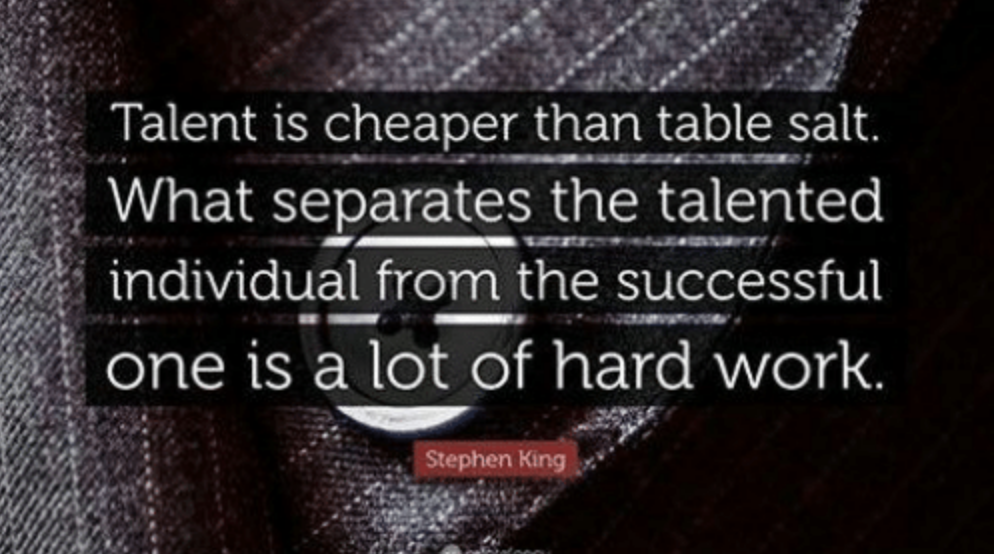
I firmly believe that true artists are always learning. We need to maintain a degree of humility in our craft or we’ll stagnate. This is why I read about 1-3 books a week in all genres. Additionally, I read and reread my favorite writing and craft books because I don’t know everything and can never know everything…which is why it is good to have reminders.
Like many other authors, Stephen King’s On Writing still has plenty of gems even though the industry looks nothing like the publishing world of King’s emergent years.
This line, in particular, still gets me every time.
If you want to be a writer, you must do two things above all others—read a lot and write a lot.
Stephen King, “On Writing”
This might seem like a ‘no duh’ statement, but I cannot count how many times I’ve encountered people who say they want to be a writer but they simply, “don’t have any time to read.”
Most of the samples I see in conferences or when running my Write Stuff Special (which is going for the next couple days)? I can instantly spot the writers who read very little if at all.
They don’t have time.
Here, King and I are in total agreement. Anyone who doesn’t have the time to read doesn’t have the time—or the tools—to be a writer (especially a good writer).
Craft classes and grammar lessons aside, reading helps fill our toolbox. We are artisans who are crafting people, places, worlds, and concepts using ONLY various combinations of twenty-six letters.
Would you trust someone to build your house who only owned (and knew how to use) a hammer and saw? Or a doctor who only knew how to wield a scalpel, but skipped learning how to suture?
Yet, how many writers are publishing books and they don’t even possess the basic fundamentals of our craft? And are more concerned with a new marketing plan than they are about why people don’t WANT to read their work, let alone PAY to read it?
Is Fiction COMPLETELY Subjective?
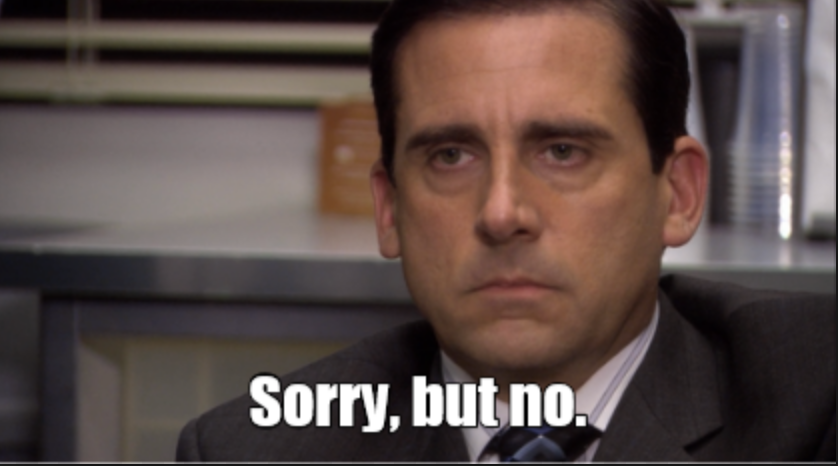
To a degree, yes. But, really? No. Not as much as some might claim.
As I mentioned earlier, it’s impossible to write the ‘perfect’ book, to craft the novel ‘everyone’ will love. This, however, is no excuse to dismiss the true artist’s inherent obligation to pursue mastery.
Did Picasso break all the rules? Yes, but he apprenticed for years, studied the masters, learned the rules and THEN broke them. Like a master mason who’s so familiar with the composition of stone, the feel of its striations, that he knows where to put the chisel and where to steer clear.
Yes, I’ve heard how there are a lot of ‘bad’ books/authors who sell a ton of copies and have a gazillion fans. Yet, I imagine one could look at any one of their books and see the writer at least tells a coherent STORY.
Mastery Begins with Basics
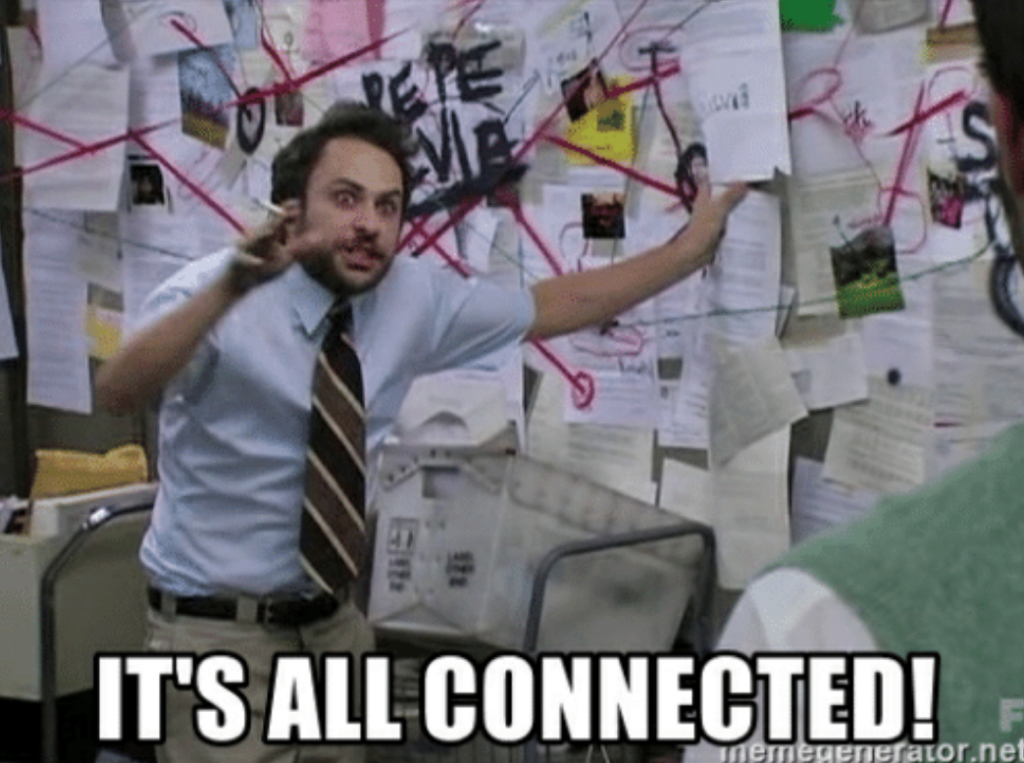
Grammar, structure, vocabulary, punctuation, etc. is for the READER. When we don’t know what P.O.V. is, we’re strapping readers onto Hell’s Tilt-A-Whirl, then have the nerve to be angry when they stumble away green around the gills.
If we don’t punctuate correctly, readers become easily lost. Similarly, grammar is akin to literary road signs that help the reader know where they are and what’s happening.
No signs or confusing signs don’t make for a pleasant drive any more than a pleasant read.
When we botch the basics, readers get a headache trying to untangle what’s happening where and why and to whom. Reading should be a pleasant experience, an adventure the reader never wants to leave.
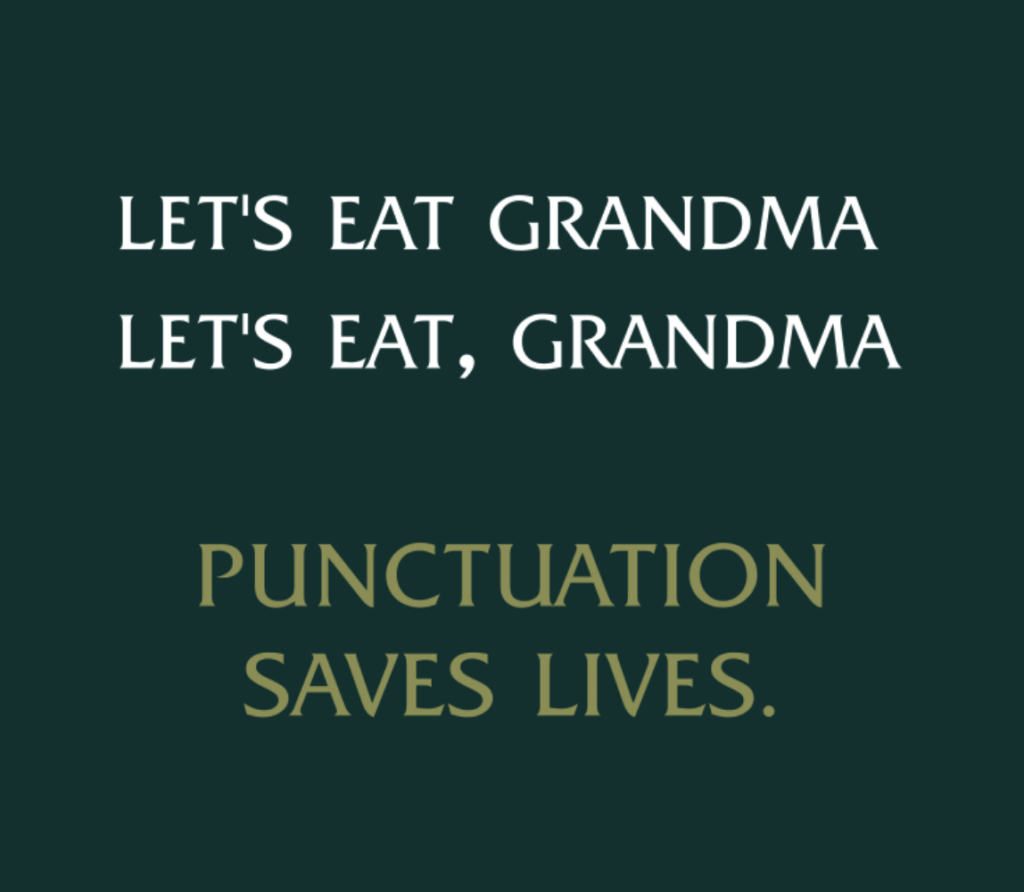
It is the height of hubris to blame readers if we’ve failed to do all that’s in our power to serve them an enjoyable experience. Stories aren’t simply for our own entertainment, unless writing is a hobby and we have no intention of selling that work.
Mastery takes time, study, practice, commitment, failure, more failure, and discipline. Sad to say we have devolved to a point where the slush pile has been dumped in the readers’ laps.
If we think it was tough to get people to read twenty years ago, what about now when there are a million plus books self-published every year (and most unedited)?
Self-Publishing & Mastery
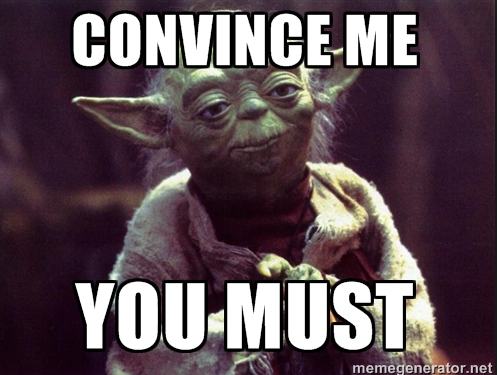
If we take a good look at the runaway successes that have emerged out of self-publishing, we’ll see that most of the BIG ones are pretty incredible books. Read Hugh Howey’s Wool, or Andy Weir’s The Martian, and Wm. Paul Young’s The Shack.
***Yes, there are more contemporary examples I could give, but these stand apart for me because they pulled ahead into the ‘legendary’ spots back when Big Publishing was still king.
Though The Martian’s hard-science-as-story might not appeal to everyone, it’s tough to argue it wasn’t well-written. Andy Weir simply told a story differently, to a group that NY publishers at the time didn’t believe existed…hard core geeks/nerds.
Weir, and others who’ve successfully self-published, have collected a fanbase because they tell stories other people want to read and can read.
Writing, like any art, has a learning curve. Sometimes, I believe this is what flubs so many of us up. Our culture believes that, because we possess command of our native tongue that OBVIOUSLY our first attempt at a novel should make millions. RIGHT?
NO!!!
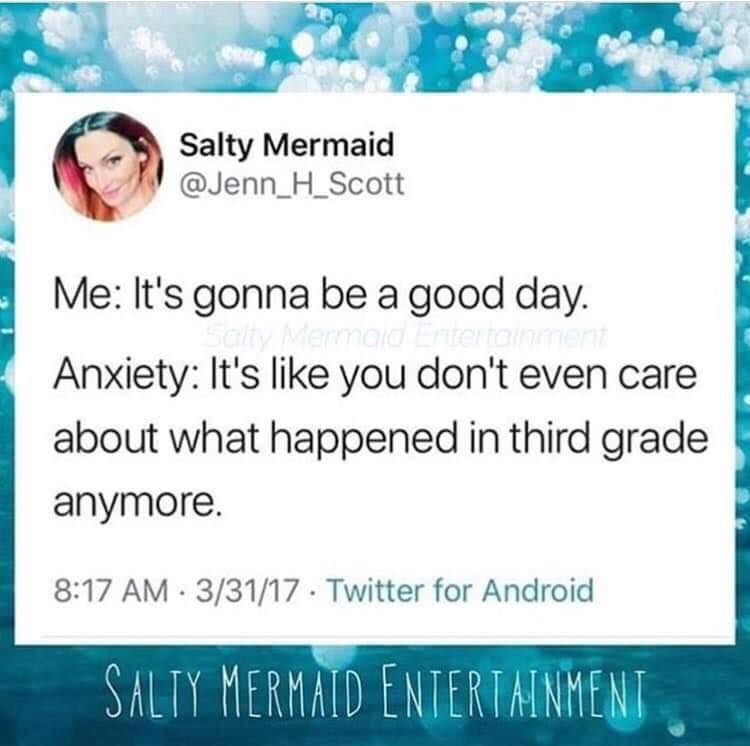
Yet, strangely the same people who believe the first draft of our first novel should be made into an HBO series would never expect a child who picks up a violin for the first time to be ready for Carnegie Hall by the end of the year.
Singers and dancers endure years of training, coaching and have tens of thousands of hours of practice before we’re likely to know they exist.
Mastery in sports, medicine, law, and yes even writing takes dedication and sacrifice. We need training, guidance, practice, mentors, failure, success, and yes…talent and a little (or a lot) of luck.
Mastery Resources
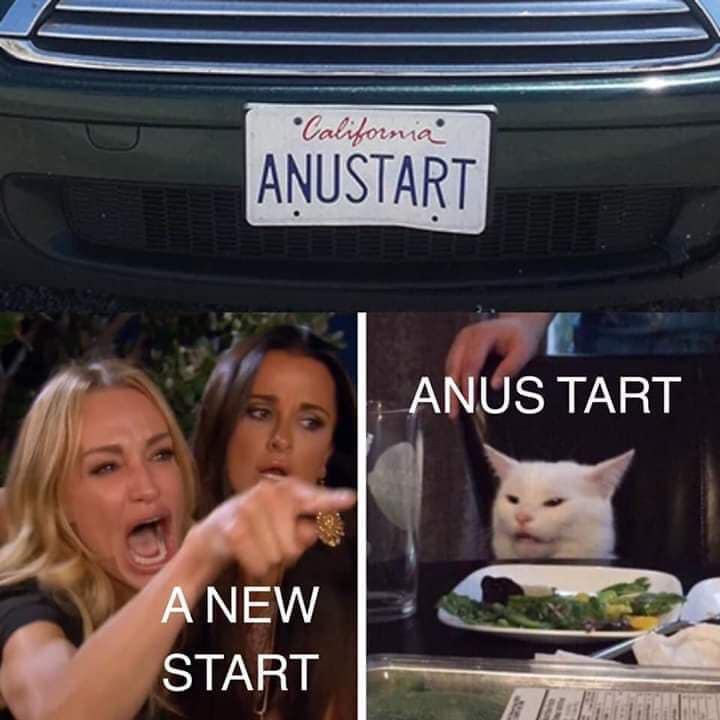
First and foremost, if you write fiction then READ fiction. It will help you understand your genre. Genre is for READERS as much as it is for writers. When we know our genre, we know who our potential readers are. We make it easy for them to FIND us. It demystifies structure.
For instance, if you’re selling me (the reader) a mystery, then a friggin’ CRIME better happen somewhere in the beginning, and I’m not talking about a crime against the written word.
Read a lot, in your genre and out. Absorb the good and the bad. Learn the literary terrain and build your skills using observation. There are super successful authors who claim they never plot.
Yet, I will counter with this.
They have probably read SO many books that structure is hardwired into their brains. These authors gained mastery ‘by ear,’ if you will.
Some people learn piano with an instructor, others pick it up by listening and playing around on a keyboard long enough.
Both ways are hard work.
All serious authors should read (much like all serious musicians should probably listen to music). Yet, there are other tools at our disposal and here’s a list of my favorite in no particular order:
Mastery Manuals
- The Writer’s Journey by Christopher Vogler
- Save the Cat by Blake Snyder
- Story Engineering by Larry Brooks
- The Elements of Style by Willian Strunk Jr. and E.B. White
- Eats, Shoots & Leaves: The Zero Tolerance to Punctuation by Lynne Truss
- Scene & Structure by Jack Bickham
- Hooked: Write Fiction that Grabs Readers at Page One & Never Lets Them Go by Les Edgerton (one of MY personal FAVES)
- Plot & Structure by James Scott Bell
- On Writing Stephen King
- Danse Macabre Stephen King
Brilliant Blogs (Other than Mine 😛 )
- Jane Friedman’s Blog
- Troy Lambert’s Blog
- Writer Unboxed
- Writers Helping Writers
- Janice Hardy’s Blog & Fiction University
- DIY MFA
- Nathan Bransford’s Blog
Mastery Resources/Tools
- The Emotion Thesaurus (and ALL THE OTHER THESAURI as well–> BUY THEM NOW!) by Angela Ackerman & Becca Puglisi
- One Stop for Writers
- Bad Lamb Academy (shameless self-promo here & classes listed below)
I’ve probably left out one or twenty other items I’d love to add to this list, but there will be more blogs, and this is enough to give any author interested in pursuing mastery a darn good start.
I read and reread these books because I’m always learning and growing. I’m far from the perfect writer, but every day I’m gaining on her (even if she IS a unicorn). I write an average of 2,000 to 4,000 words a day, depending on what I’m working on.
Additionally, I average 3-4 hours of reading a day. I do this mainly using Audible because, according to the laundry piles, I think I have people living in my house I don’t know about.
And I already can hear the howls of complaint.
I just can’t listen to books. They make me fall asleep. My mind wanders.
Mine did, too. I had to TRAIN myself to listen to books. The excellent ones, I buy in paper (or ebook) and read again the old-fashioned way. But audio books are portable. I can listen when waiting in a line, stuck in traffic, while doing dishes, and when working out.
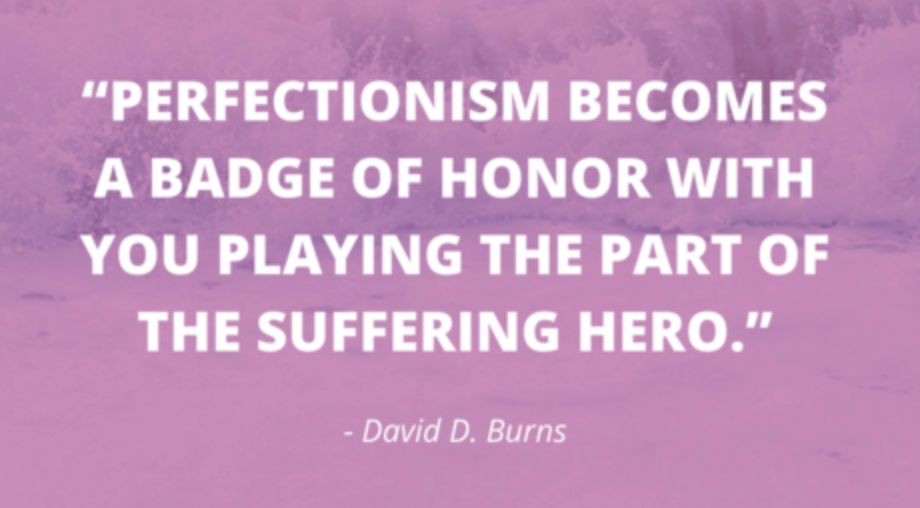
Perfect is the enemy of the good and I’d rather y’all ‘imperfectly’ listen to audiobooks than not read any books. When we show up to the blank page with no tools, no reservoirs bursting with vocabulary and imagery, we risk looking ill-prepared or simply ignorant.
I’ve been both. It sucks to invest years into a ‘novel’ that is an unsalvageable mess. I keep my first ‘novel’ in the garage because it chews on the furniture and pees on the rugs.
Remember, we all start somewhere. Give yourselves permission to be NEW.
What Are Your Thoughts?
I love hearing from you!
And to prove it and show my love, for the month of JUNE, everyone who leaves a comment I will put your name in a hat. If you comment and link back to my blog on your blog, you get your name in the hat twice. What do you win? The unvarnished truth from yours truly.
I will pick a winner once a month and it will be a critique of the first 20 pages of your novel, or your query letter, or your synopsis (5 pages or less).
We have been doing a lot of traveling because my FIL has serious health issues so I will announce May’s winner next post.
CLASSES!
***All classes come with a FREE recording
COMING UP!
The Art of Character: Writing Characters for a SERIES
Thursday, June 16th 7:00-10:00 P.M. NYC Time
For more information, SIGN UP HERE.
Practice Your Pitch: Master the Log-Line
Thursday, June 23rd, 7:00-9:00 P.M. NYC Time. This is a TWO-HOUR INTERACTIVE WORKSHOP!
For more information, SIGN UP HERE.
The Write Stuff Special: 20 Pages of DEEP Edit ONE LOW PRICE HERE. Only 10 slots available and open until June 9th.








22 comments
1 ping
Skip to comment form
You continue to be generous with your resources and we love you for it.
Among other things. 🙂
Thank you, Kristen!
Once again, thanks for the shout-out of my little blue book, Kristen. I appreciate it muchly!
Author
I LOVE that book. I have like SIX copies because I keep loaning them out and misplacing them and I buy copies as gifts.
Thank you SOOOO much! If you run into any Japanese writers, lemme know, as a major Japanese publisher bought the Japanese rights and came out with an initial run of 2,500 copies.
Author
Nice!
Thank you, especially for the suggestions for reading.
An energizing post, but I’d like to add: sometimes you run into people who shouldn’t write at all. 😉 They don’t get it, they don’t learn (no matter how much help you give them), they never get better. I’ve edited more of these “authors” than I can count, and it makes me both sad and angry. I grew up revering good writers and prostrating myself before their mastery. I don’t see many of them these days.
Author
I have a WHOLE other post on that and *fist bump*
I only know I read novels for forty years before deciding to sit down and fulfill the dream to write my own. The deep whirl mixing creativity and life experience being what it is, I’m so glad I didn’t start sooner.
Great post, as always. You make me think, and make me think I can DO this thing!
I am definitely on the side of craft not marketing. Which is to say, I write good books, and work to write ever better books – I’ve read most of the ones on your list, among many others – but when it comes to marketing I verge on the nonexistent.
I really enjoy reading your blogs. My sister, Roxanne, took the plunge and will submit one of her novels for a 20 page deep edit . Besides your humor and intelligent, honest approach to writing you also include helpful resources, especially with this one. I plan to post it for my writing group peeps to enjoy. Thank you for always kickin’ our butts ~
Great post, as usual. I get frequent self published novel excerpts in my Facebook feed. In all honesty, maybe 20% are well written or at least competent, the rest are painful to read. I doubt the authors ever sought honest feedback, cracked open any of the books you listed, and probably don’t even read in their preferred genre.
Have just been agonising over what key words to include on a Kindle listing. Your blog post has given me hope that if the story is good enough, people will read it and pass it on – thanks for your insight, as always.
Very honored to be included on your list!! Love this post.
Author
Hey Nathan! So cool to see you over at my place! Love your stuff. Thanks for all you do.
Fantastic post! Totally agree that reading a lot is important.
Great advice. Thanks for the list of resources. I’ve read and own most of the craft books you mentioned, but there were several titles that were new to me.
Read this article twice today, after a long drought of low confidence in my career as a fiction writer. Despite all my attempts to get immersed in more ‘profitable’ avenues, I still end up daydreaming about stories all day, binging on Netflix series, and therefore achieving nothing because I won’t invest everything into writing. This article, along with some serious family problems, is the backside kick I definitely need to dedicate myself to mastery. I am right at the bottom of the ladder; it took me years to realise that I knew nothing about structure and that this was one of the main reasons I could not finish a book. So I have ‘Plot and Structure’ on my shelf right now (thanks for the recommendation), and I will be investing in more of these mastery manuals. Thanks for this article!
Mastery is important and it isn’t easy. I just self published my 6th book and I’m not done learning by a long shot. There is no getting around that we must continually work hard at perfecting our craft.
New writer here, finishing up my first novel. I really found this post helpful, so helpful you might want to put my name in the hat twice! As a prolific reader from a young age, I find that books from the past greatly differed from one another: the Joyces, the Saramagos, Roths, Bradbury, and so on. I wonder if before the internet, mastery was something different than it is now.
I get the feeling as a new author that we’re being encouraged to adhere to certain structural norms. Like the advice to keep adverbs to a minimum, cut out extraneous such and such, start off punchy, stick with your genre expectations. Is storytelling becoming more of a product than an art form? I like to think not. I’m not sure where I’m going with this because dinner calls and I can’t think deeply when timers are beeping. But what is mastery? Is it something different from art?
Author
The things you are mentioning are actually for the reader. For instance, adverbs are fine. So long as the adverb isn’t inherently implied in the definition of the verb. For instance, “She whispered seductively” is fine. “She whispered quietly.” How the hell else is she going to whisper?
Redundant adverbs treat the reader as if they are stupid. “She yelled loudly.” Okay? Again, how else would she yell?
Also, use a stronger verb instead of dressing up a weak one. For instance, “She stood up quickly from her chair.” NO. “She bolted from her chair.”
As for cutting the extraneous. When you have sentences that are too long or have too much going on, you can unintentionally break the fictive dream. If a reader has to pause and go reread to figure out WTH is happening, you risk losing them and bookmarks = DEATH.
In a world where there is a TON of competition for time and 94% of the literate population does not consider themselves readers, we have a tough job. This isn’t the 19th century when people had nothing else to do. We need to hook early and hook hard. Readers don’t have the patience for us to take 50 pages (over an hour and a half reading time for the average person) to start the story.
As for structure. Structure just makes sense on an intuitive level. Stories have a beginning, middle and end. And yes there are nonlinear structures. But, if you cut up all the scenes and set them out side by side, you would see it is Three Act Aristotelian Structure.
Think about life. Humans have infinite variations, but we also have a formulaic structure—one head, one trunk, two arms, two legs, ten toes, ten fingers, two eyes, etc. ANY deviation from this structure is off-putting.
The same goes for story. We are wired for story and, while we can tolerate some deviation, if a writer gets too weird, then most people won’t like it. So if you are artsy and just want to make a statement and win awards, go for it. But the authors who sell a LOT of books appreciate that people’s brains are tired. They want to relax when reading. They don’t mind being challenged (e.g. a mystery) but the challenge is in the story…not figuring out what the hell is going on.
As for genre, you don’t have to write to genre, but then where would you list your books on Amazon? Which keywords would you use? Which categories? Who are your readers? What structure do you use? How long should your book be? Granted, we can blend genres and reinvent them but again within reason.
If I have a fine French restaurant that serves tacos and nachos, I confuse my patrons and am more likely to piss them off than win them over.
As for art. Art comes when you learn the rules then learn when and how to break them. For instance, the book, “You.” 99% of the time second person POV is never used. But for a stalker? It was PERFECT!
Want to write nonlinear structure or unreliable narrators? Something like ‘Pulp Fiction’ or ‘Fight Club’ then great! But you cannot write nonlinear structure if you don’t first understand traditional linear structure.
Mastery is when you ingrain the basics so deeply in your marrow that the ART can surface. You have read SO many books and practiced writing so many works that you have the tools to reinvent genre if you so choose.
Think of Axel Rose. He was a Gospel singer. Meatloaf and Annie Lennox both were classically trained in opera. Jimmy Hendrix started out in blues and jazz and added in those elements when he transitioned to rock.
In fact, Jimmy Hendrix is interesting. Instead of trying to get rid of the feedback noise from the electric guitar (like all other artists had up to that point), he reimagined it and used it and now we ALL think that is what electric guitars are SUPPOSED to sound like. BUT, Hendrix trained classically in music, but in knowing the rules he figured out artistic ways to break them.
I hope my answers help. Remember, we are writing for ourselves unless we want to sell books. Then stories are ALL for the readers. Now that can be books readers know they like. But, we can also create the stories they don’t yet know they’ll like…like Jimi Hendrix did with the electric guitar. BUT, just because Hendrix played with using the feedback didn’t give him license to play a bunch of crap off key and off the beat.
I hope that helps?
[…] so just do your best, and a hearty “here here!” to Kristen Lamb for her reminder that novel-writing mastery really does matter despite what you hear in some […]